On my radio show I give out an award called the “Wish You Were Here Award.” It is an award given to people who are so far off in their understanding of nutrition that they are sent a postcard with a picture of the earth on one side with the phrase “Wish You Were Here” written on the back.
Such an award should be given to anyone left in the medical community who has not yet embraced the power of antioxidants. The literature supporting the many benefits of antioxidant nutrients in the prevention of disease – most notably heart disease, the nation’s No.1 killer – is overwhelming.
The question is no longer whether to take antioxidants. The only question is how much? To answer that, let’s look at the research and see what it suggests.
Ailments that antioxidants can help prevent and/or slow the progression of:
- Alzheimer’s Disease
- Arthritis
- Cancer
- Cataracts
- Diabetes
- Heart Disease
- Hepatitis (all forms)
- Immune Weakness
- Inflammatory Disorders
- Macular Degeneration
- Parkinson’s Disease
How Do Antioxidants Work?
If there ever were nutrients that came close to embodying Mother Teresa, they would be antioxidants. These remarkable nutrients give freely of themselves so your cells can live.
How do they do this?
Antioxidants are molecules that are able to give up tiny things called electrons in order to prevent your cells from being ripped apart. This may destroy the antioxidant, but no matter: it protects something infinitely more important – your cells. You can always take more antioxidants.
What you can’t get more of are precious parts of your body, such as brain cells, cells of the retina, and arterial tissue and other delicate cells that, once destroyed, are difficult, if not impossible, to replace.
Antioxidants Prevent Heart Disease
The most powerful role of antioxidants is in the prevention of cardiovascular disease, our No.1 killer. Diseases of the heart and arteries have killed more Americans than all wars combined. Antioxidants are one of the most powerful solutions we have. You would think we would use them. Most Americans still do not. This is tragic.
One of the key ways antioxidants prevent heart disease is by keeping cholesterol from undergoing a reaction known as oxidation. Only when cholesterol oxidizes is it able to damage arteries and start the progression of events that leads to heart disease. The amount of vitamin E – one of the most important nutrient antioxidants – needed to prevent cholesterol oxidation is not available through food. You must get at least 400 IUs of vitamin E per day to help cholesterol from going bad and beginning to damage arteries, and our diet only contains between 8–11 IUs per day. Even supplements of 200 IUs are inadequate. And vitamin E does not just prevent heart disease, it can also reverse its progression, according to animal studies.
Population studies show that in areas where plasma vitamin E levels are low, there are far more deaths from ischemic heart disease. In a comparison of plasma antioxidant levels of middle-aged men (40–59 years of age) from European countries, the more vitamin E they had in their body, the fewer deaths they had from ischemic heart disease.
Low body levels of vitamins A, C and E and beta-carotene were associated with an increased risk of coronary artery disease in elderly subjects in an urban area of India.
The association between vitamin C and vitamin E intake and coronary artery disease progression was evaluated in middle-aged men in the United States with previous coronary bypass graft surgery. Men who took at least 100 IUs of vitamin E per day from supplements showed significantly less coronary artery disease progression for all lesions and for mild to moderate lesions than men who took less than 100 IUs per day. The most important finding of this study is that no benefit was seen for the small amount of vitamin E contributed by food. Only supplements were able to slow progression of the disease.
A recent randomized trial in England evaluated the effect of vitamin E supplementation (400 or 800 IUs per day) or placebo on the risk of myocardial infarction in 2,002 patients with evidence of coronary atherosclerosis. Results of the Cambridge Heart Antioxidant Study (CHAOS) demonstrated that vitamin E supplementation significantly decreased the risk of cardiovascular disease and nonfatal myocardial infarction by 47 percent. This observed benefit of vitamin E was due to a 77 percent decrease in the risk of nonfatal myocardial infarction. Amazingly, this treatment effect was apparent after only 200 days.
A large study conducted in the United States further confirmed the protective power of vitamin C and vitamin E supplements in cutting heart-disease deaths. In a group of 11,178 subjects, 67–105 years of age, use of vitamin E supplements decreased the risk of coronary heart-disease mortality by a whopping 47 percent. Simultaneous use of both vitamin C and vitamin E supplements decreased the risk of coronary heart-disease mortality by 53 percent.
Selenium is a trace mineral with remarkable protective power. A recent study of 1,312 people given 200 mcg per day of selenium for 10 years showed that this supplement alone could decrease their cancer deaths by 50 percent. Most importantly, no one in this population was deficient in selenium when the study began. This study showed clearly that the cancer-preventing power of selenium only comes when it is consumed in optimal, not merely deficiency-preventing, amounts. For most people this is 200 mcg per day.
You might be reading all of this research and say, “Enough already! You’ve made your point.” Well, the medical community still hasn’t gotten the message. And the cost is not just increased health care costs – it is also human lives. Not incorporating the power of antioxidants into medicine is no longer acceptable. It is inhumane.
So take antioxidants. Please. One day insurance companies will give lower rates to people who take them. Better yet, they will give all policyholders antioxidant supplements for free. Why not? These nutrients are one of the best insurance policies we have against a range of degenerative diseases.
Let’s close by looking at some other powerful antioxidants and their benefits:
- CoQ10 is a remarkable antioxidant that plays an important role protecting our arteries and all of our cells. (Learn more at “CoQ10: The Miracle Molecule“.)
- Lycopene is a pigment found in tomatoes, watermelon, pink grapefruits and apricots, which is also available as a supplement that has powerful anti-cancer and artery-protecting effects.
- Acetyl-L-Carnitine is a powerful antioxidant that slows the aging process.
- Taurine is a very important antioxidant nutrient that also is an excellent diuretic and heart-helping nutrient.
- Lipoic acid is a tremendous nutrient with antioxidant, blood-sugar-balancing and energizing benefits. It also helps increase levels of glutathione, one of the most important antioxidants in cells.
- N-Acetyl-Cysteine is a powerful antioxidant that also raises glutathione levels and protects and enhances the function of the liver.
- Zinc is not to be underappreciated as an antioxidant and may be one of the key nutrients for the prevention of heart disease as well. (See “Zinc Essentials” to learn more.)
- Conjugated linoleic acid is a powerful antioxidant that has profound anti-cancer effects, according to animal studies. It is found in meat and dairy products, particularly those that come from grass-fed cattle.
This article appears courtesy of Total Health magazine (www.totalhealthmagazine.com) and the Council for Responsible Nutrition (CRN), Washington, D.C. (www.crnusa.org).
Just published and now available at the CRN Web site: A complete report on the Benefits of Nutritional Supplementation, including several chapters on antioxidants. Visit www.crnusa.org/benefits.html.
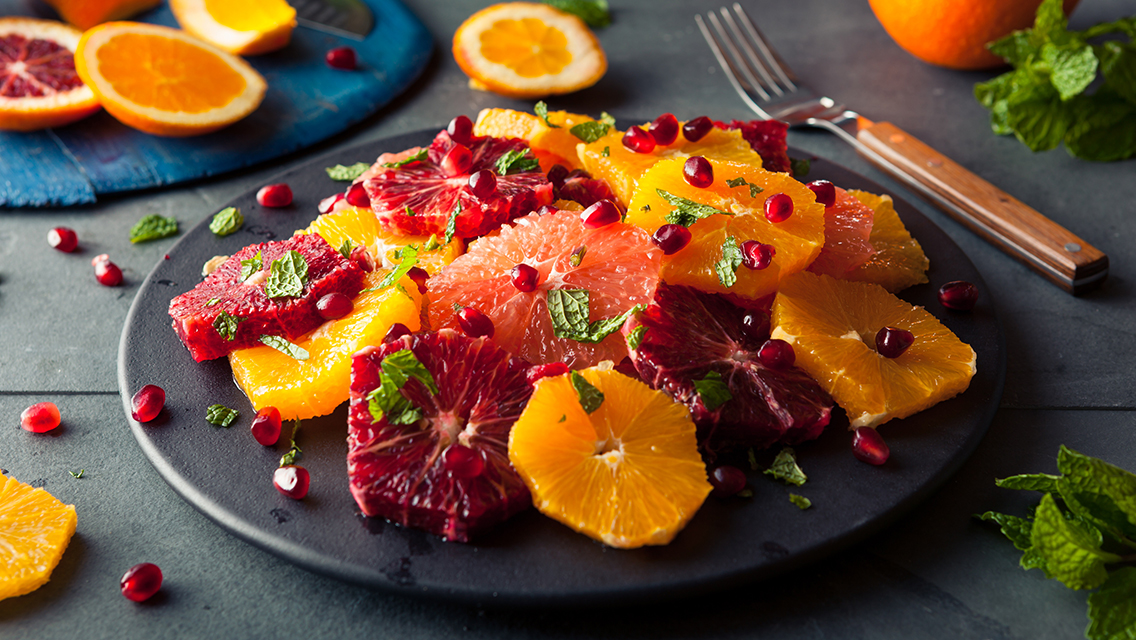
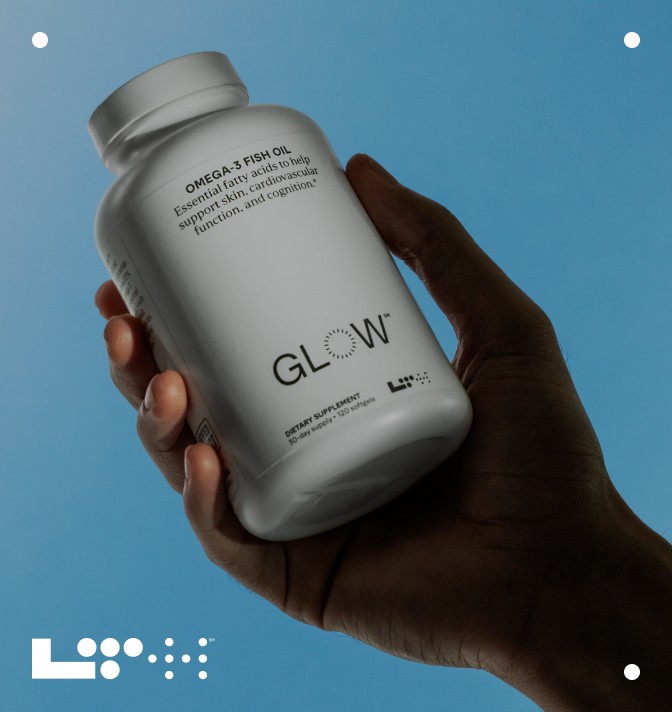
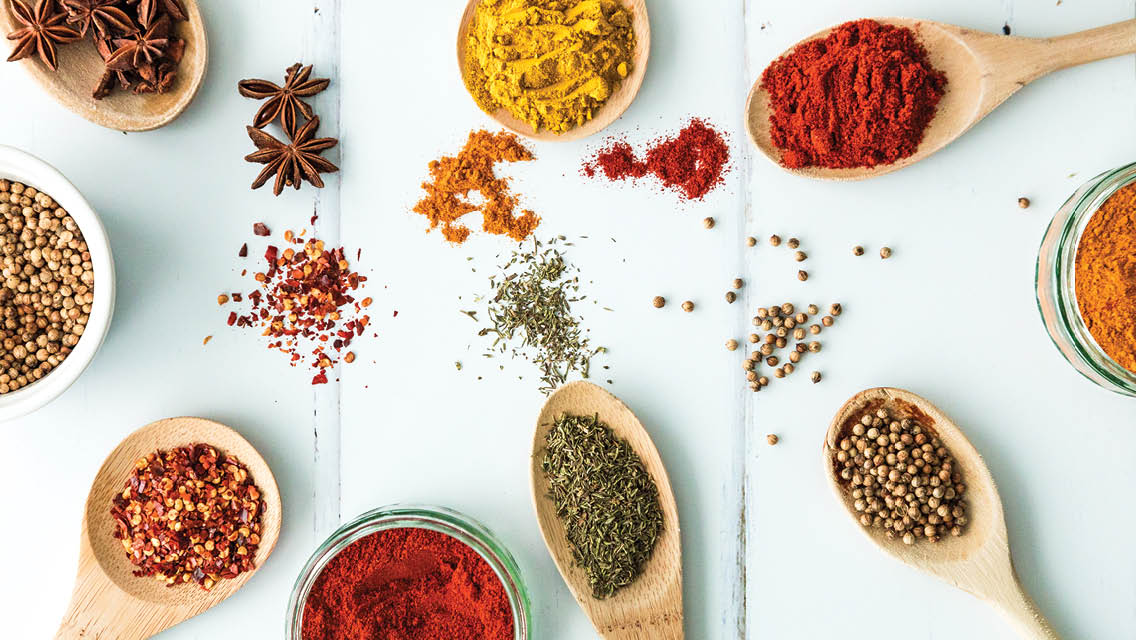
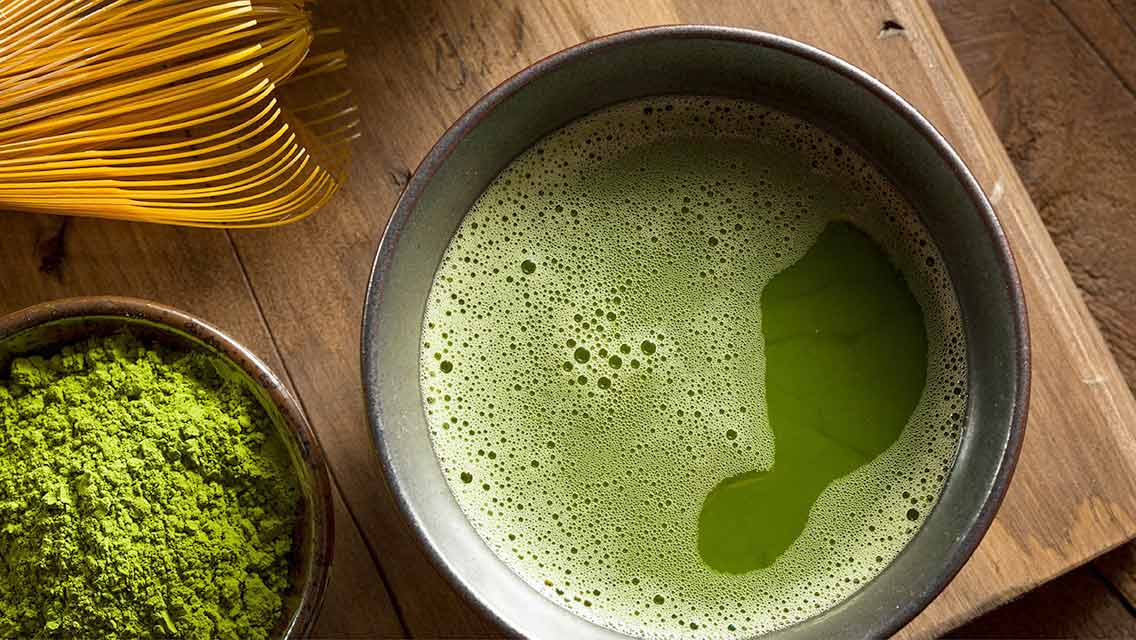
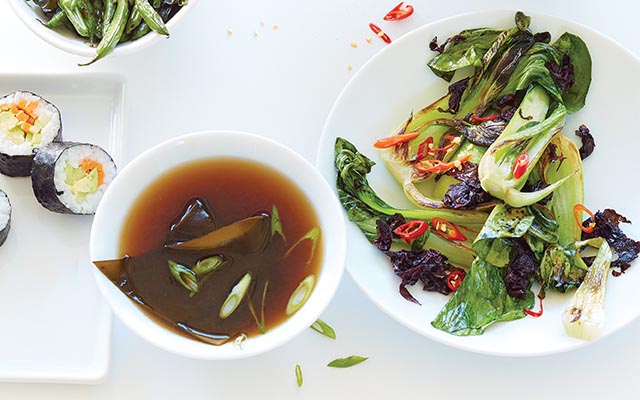
This Post Has 0 Comments